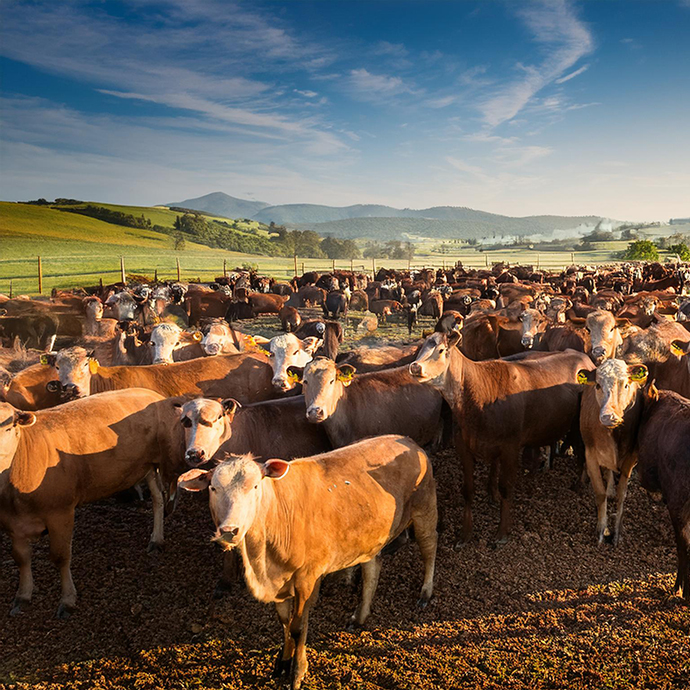Carbon Offsets and the Livestock Industry
Carbon Offsets and the Livestock Industry
Faculty Lead(s): Kelly Grogan
The 2016 Paris Agreement called for actions to keep global warming to only 1.5oC. Reaching net zero emissions by 2050 is seen as the most likely way to meet this warming goal. This requires countries, businesses, and individuals to reduce carbon emissions and/or increase the storage of carbon. Many companies have voluntarily joined the “Race to Zero” by becoming carbon neutral. Most of these companies cannot cost-effectively reduce their own emissions to zero and instead purchase carbon offsets. Various entities supply carbon offsets by pledging to reduce carbon emissions or by creating new carbon storage.
Many of these offsets have recently been criticized for not being meaningful reductions in emissions. Some credits include “avoided emissions,” where entities claim that forests, grasslands, etc. would be converted to other uses without the sale of carbon offsets. This has particularly been an issue in the agricultural sector where producers sell carbon offsets, in exchange for maintaining their land in grassland or cropland instead of converting their land to uses that store less carbon. At the same time, some producers are creating meaningful offsets by adjusting their production practices or by preserving agricultural land that is imminently under threat of development.
This project will explore carbon offset options for livestock producers in the Mountain West. We will generate a database of all current options, assessing the degree of additionality, potential transaction costs, potential risks, and additional costs and benefits to both producers and climate change goals. We will then use dynamic modeling to determine the net benefits to livestock producers over time and the cost per ton of each kind of carbon offset. Modeling will incorporate risks to producers that might occur if a given offset program is discontinued earlier than expected and risks that may occur from experimenting with different management strategies. The project will also include interviews with livestock producers to determine their preferences and willingness to participate in carbon offset markets and learn more about their concerns with these markets. This project aims to provide valuable information to producers about options to increase profitability while also contributing to climate change goals.
APPLY TO OUR GRADUATE PROGRAM!


